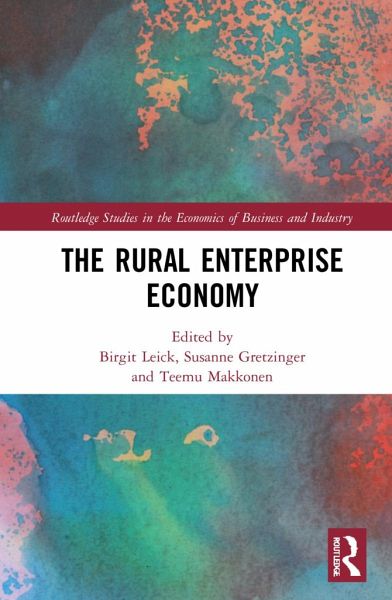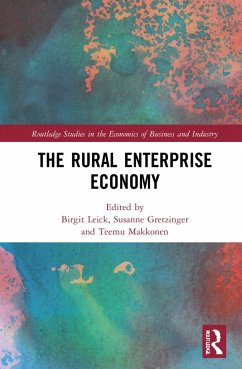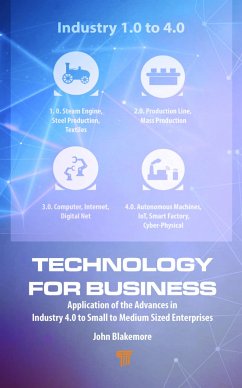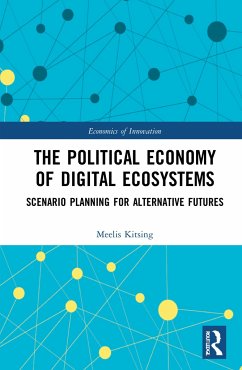
The Rural Enterprise Economy
Versandkostenfrei!
Versandfertig in 6-10 Tagen
45,99 €
inkl. MwSt.

PAYBACK Punkte
23 °P sammeln!
Enterprises located in rural regions face various challenges in the globalised and digitised world. This book offers comprehensive answers to the question of what makes up the rural enterprise economy in the contemporary business world. It addresses the competitiveness and viability, strategic management and strategic change, and marketing issues for both incumbent and start-up companies in rural regions. The book presents new concepts that shed light on the rural enterprise economy with its entrepreneurs.With a broad range of cases from European regions, the book provides theoretical insights...
Enterprises located in rural regions face various challenges in the globalised and digitised world. This book offers comprehensive answers to the question of what makes up the rural enterprise economy in the contemporary business world. It addresses the competitiveness and viability, strategic management and strategic change, and marketing issues for both incumbent and start-up companies in rural regions. The book presents new concepts that shed light on the rural enterprise economy with its entrepreneurs.
With a broad range of cases from European regions, the book provides theoretical insights for scholars, practical case-based evidence for lecturers and teachers, and practical knowledge for business practitioners and planning specialists. Academic experts from European universities and research institutes provide compelling answers to this under-researched topic in business studies and economics.
With a broad range of cases from European regions, the book provides theoretical insights for scholars, practical case-based evidence for lecturers and teachers, and practical knowledge for business practitioners and planning specialists. Academic experts from European universities and research institutes provide compelling answers to this under-researched topic in business studies and economics.














